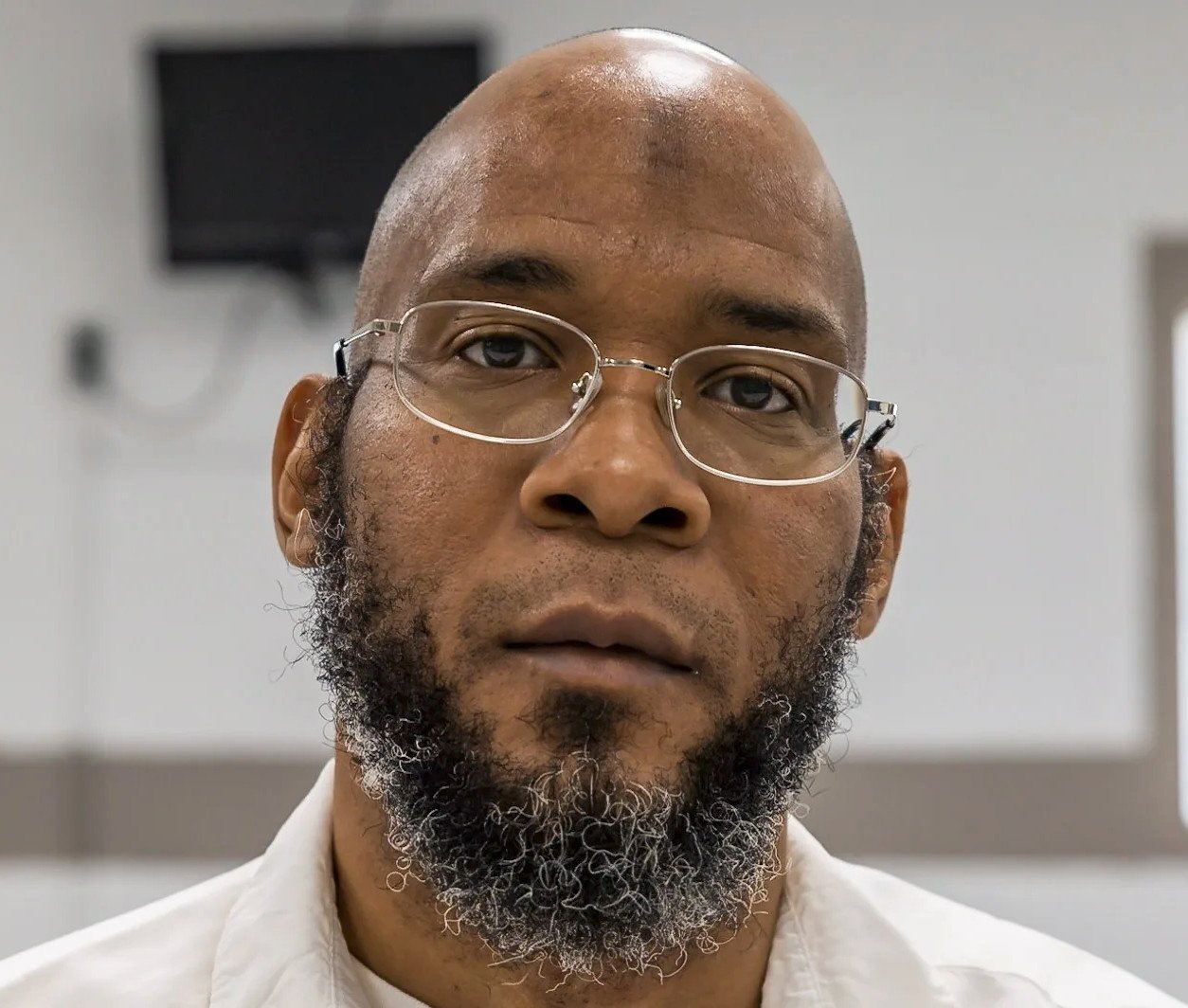Marcellus Williams, a 55-year-old Missouri man, was executed on September 24, 2024, despite significant controversy surrounding his conviction and calls for clemency from various quarters, including the victim’s family and the prosecution team.

Background and Conviction
Williams was convicted in 2001 for the 1998 murder of Felicia Gayle, a former reporter for the St. Louis Post-Dispatch. Gayle was brutally stabbed 43 times in her home during a burglary3. The prosecution’s case relied heavily on the testimony of two witnesses and circumstantial evidence, as there was no direct forensic evidence linking Williams to the crime scene.
DNA Evidence and Legal Battles
The case against Williams faced significant scrutiny over the years, particularly concerning DNA evidence. In 2015 and 2017, his execution was stayed due to the discovery of male DNA on the murder weapon that did not match Williams3. Despite this, the Missouri Supreme Court and Governor Mike Parson denied clemency requests, stating that no juror or judge had found Williams’ innocence claims credible.
Prosecutorial and Public Outcry
The controversy intensified when St. Louis County Prosecuting Attorney Wesley Bell, whose office originally prosecuted Williams, sought to block the execution. Bell cited concerns over racial discrimination in jury selection and the mishandling of DNA evidence4. Additionally, the victim’s family expressed their preference for a life sentence over the death penalty, further complicating the moral and legal dimensions of the case.
Final Moments and Execution
Williams maintained his innocence until the end. His final statement, delivered shortly before his execution, was a declaration of faith: “All Praise Be to Allah in Every Situation!!!“5. He was executed by lethal injection at the Missouri state prison in Bonne Terre, with his son and two attorneys present.
Public Reaction and Legacy
The execution of Marcellus Williams has sparked widespread outrage and debate over the use of the death penalty, especially in cases with unresolved questions of guilt. Prominent figures, including British billionaire Richard Branson, campaigned against the execution, arguing that the risk of executing an innocent person was too high3. The case has highlighted the ongoing issues within the criminal justice system, particularly regarding racial bias and the handling of forensic evidence.
The execution of Marcellus Williams serves as a stark reminder of the complexities and potential flaws in the criminal justice system. It underscores the need for rigorous scrutiny and reform, especially in capital punishment cases where the stakes are life and death
